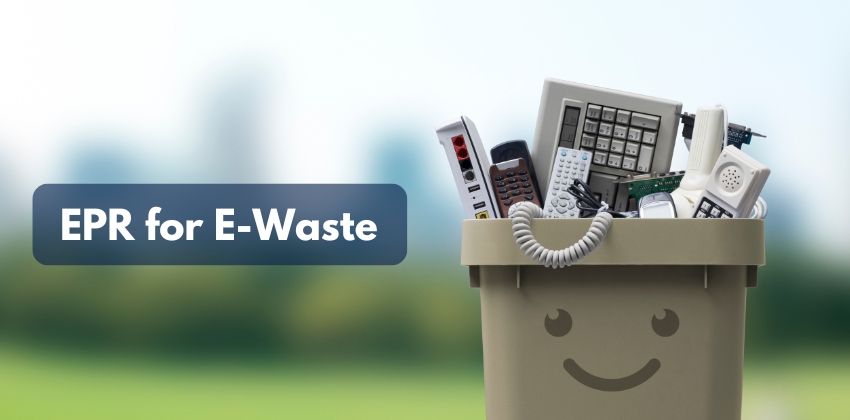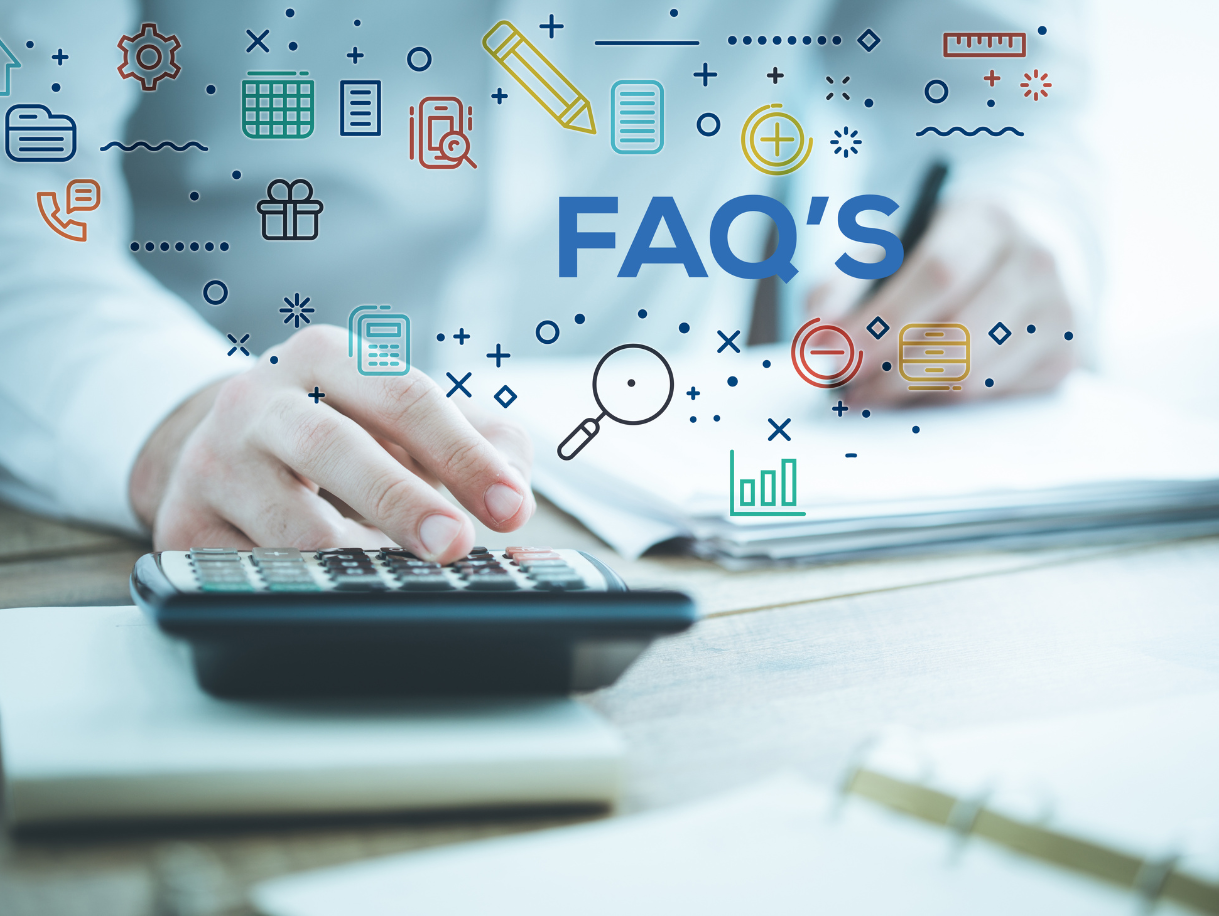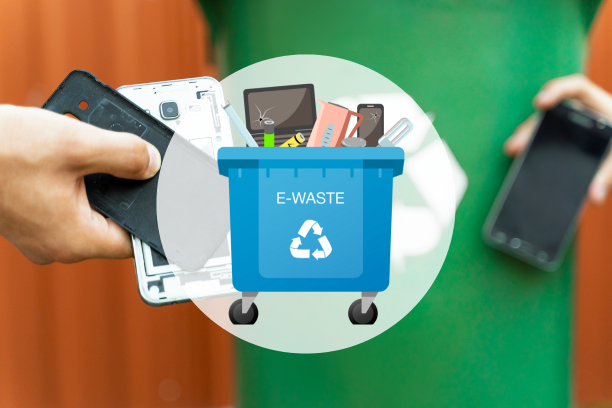
What is EPR for E-Waste?
EPR stands for extended producer responsibility. The government has introduced the E-waste (Management) Rules 2016 to ensure proper dismantling and recycling targets of e-waste by the producers only through registered recyclers of e-waste. The object behind the introduction of this rule is to create the responsibility of producers to manage the e-waste in an environmentally sound manner and reduce its effect on the environment.
As per E- Waste (Management) Rules 2016, extended producer Responsibility Means Responsibility of a producer of electrical and electronics equipment for channelization of e-waste to ensure environmentally sound management of such waste. EPR may include the implementation of take back system or setting up of collection centers and having agreed arrangements with authorised dismantler/recycler for recycling, disposal and dismantling of E-waste.
What is e-waste?
E-waste means electrical and electronic equipment waste that is generated at the end of the useful life of any electrical and electronic equipment and during the manufacturing process or refurbishment and repair process of such electrical and electronic equipment, including solar photovoltaic modules.
E.g., smartphones, refrigerators, tablets, computers, radio sets, washing machines, etc.
What is EPR authorization?
EPR authorization means a permission given by the Central Pollution Control Board to a producer for managing extended producer responsibility with implementation plans and targets of e-waste dismantling and recycling outlined in the E-Waste Management Rules.
Who is required to get EPR authorization?
EPR authorization is mandatory and has to be obtained by all the producers of electrical and electronics equipment, including their components, consumables, parts, and spares covered under the E-waste (Management) Rules.
Who are producers as per the E-waste Management Rules?
Producer means any person or entity who
- Manufactures and offers to sell electrical and electronic equipment and their components or consumables or parts or spares under its own brand or
- Offers to sell under its own brand assembled electrical and electronic equipment and their components or consumables or spares produced by other manufacturers or suppliers, or
- Offers to sell imported electronic and electronic equipment and their components or consumables or parts or spares, or
- Who imports used electrical and electronic equipment?
Irrespective of the selling technique used, such as dealer, retailer, e-retailer, etc.
Is there any difference between producer and importer?
The term producer is a wider term that covers a manufacturer that manufactures an electrical and electronic product and offers to sell it under its own brand name and also an importer that imports any electrical and electronic equipment and their components, parts, or spares.
Therefore we can conclude that a producer is a broader term that also includes an importer of electrical and electronic
What is the responsibility of a producer under the E-waste (Management) Rules?
As per Schedule I of the Plastic Waste (Management) Rules 2022 The producers of electrical and electronic equipment have the following responsibility:
- Registered itself on the portal
- Obtain and implement extended producer responsibility as specified in the respective schedule.
- Create awareness through media, publications, advertisements, posters, or any other means of communication.
- File annual and quarterly returns.
Which type of entities are required to register themselves on the CPCB portal under the extended producer responsibility framework?
An entity or a person shall register on the portal in any of the following categories, namely
- Manufacturer
- Producer
- Refurbisher or
- Recycler
NOTE: In case any entity falls in more than one category, then the entity shall register under those categories separately.
What are the collection & recycling targets given to the producer under Extended Producer Responsibility as per Schedule III of the E-waste Management Rules?
The following collection and recycling target has been given to the producer under the E-waste (Management) Amendment Rules:
| SL. No. | Financial Year | E-waste collection target |
|---|---|---|
| 1 | 2023-2024 | 60% of the quantity of an EEE placed in the market in years Y-X where X is the average life of the product |
| 2 | 2024-2025 | 60% of the quantity of an EEE placed in the market in years Y-X where X is the average life of the product |
| 3 | 2025-2026 | 70% of the quantity of an EEE placed in the market in years Y-X where X is the average life of the product |
| 4 | 2026-2027 | 70% of the quantity of an EEE placed in the market in years Y-X where X is the average life of the product |
| 5 | 2027-2028 | 80% of the quantity of an EEE placed in the market in years Y-X where X is the average life of the product |
| 6 | 2028-2029 onwards | 80% of the quantity of an EEE placed in the market in years Y-X where X is the average life of the product |
Note-
The importers of used electrical & electronic equipment shall have a 100% extended producer responsibility obligation for the imported material after the end of its life, if not re-exported.
The e-waste recycling target shall not apply to waste generated from solar photovoltaic modules, panels, or cells.
In case the producer has started its sales operation recently, the number of years of sales operation is less than the average life of their product mentioned in the guidelines issued by the Central Pollution Control Board then the following shall be recycling targets.
| SL. No. | Financial Year | E-waste collection target |
|---|---|---|
| 1 | 2023-2024 | 15% of the sales figure of the financial year 2021-2022 |
| 2 | 2024-2025 | 20% of the sales figure of the financial year 2022-2023 |
| 3 | 2025-2026 on Wards | 20% of the sales figure of the financial year Two years back |
Note:- once the Number of years of sales operation equals to the average life of their product mentioned in the guidelines issued by the Central pollution control Board(CPCB) their Extended producer Responsibility obligation shall be as per Schedule III
How can we help you?
We assist persons in obtaining EPR authorisation by providing specialized services. We have an expert team that deals with these matters and provide proper guidance to our clients without manipulating the facts and make ensure to deliver the certificate and licence within a reasonable time period.

Need more help?
Feeling inquisitive? Have a read through some of our FAQs or contact our Supporters for help












